EARLY AND FIRST LEVEL LEARNERS LIVE LESSON.
Join Isabella Lieghio (Barefoot Volunteer and Education Consultant at www.iconlearning.co.uk) in this interactive live lesson for early and first level learners, to explore one of the newest Barefoot Computing resources that has been specially created for younger to help develop their computational thinking skills, set around the context of ‘People Who Help Us’.
The activities are all based around our real-life superheroes, the people who help us every day. In this session children will guide a delivery person with their package to the correct destination while exploring computational thinking concepts and approaches.
Everything you need is provided via the Barefoot Computing website, including activity plans with ideas for developing computational thinking in the early years, curriculum links, all printable resources and links to extend learning.
Please visit Barefoot Computing Early Years and create a free account to access all resources and check out the introduction video, to learn more about developing computational thinking approaches in play and learning such as tinkering, creating and debugging.
https://www.barefootcomputing.org/earlyyears
This session is for all practitioners, including childminders working with early and first level learners.
Practitioners are also welcome to join the live lesson without children to observe how the resources can be delivered.
This session will be recorded.

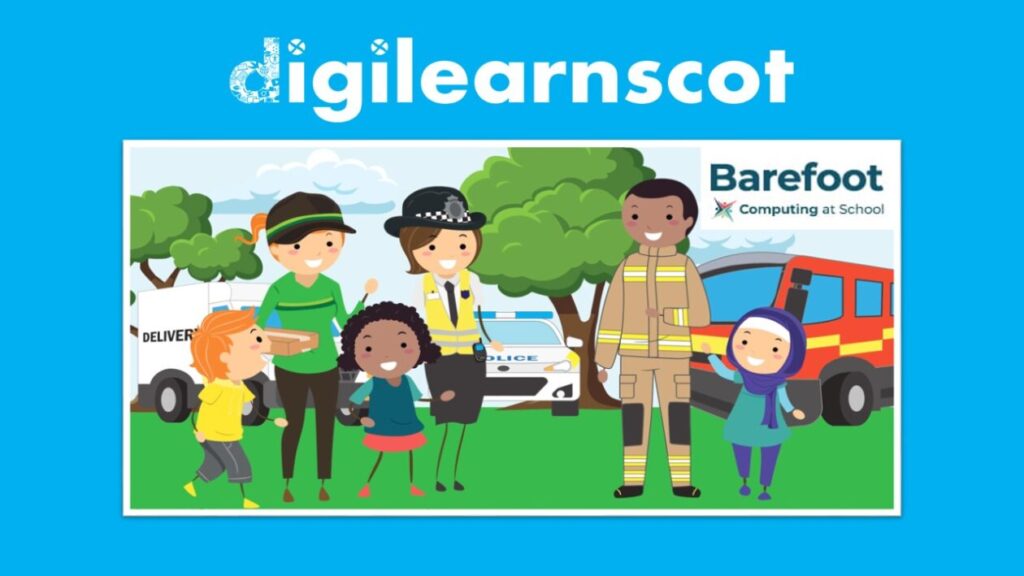
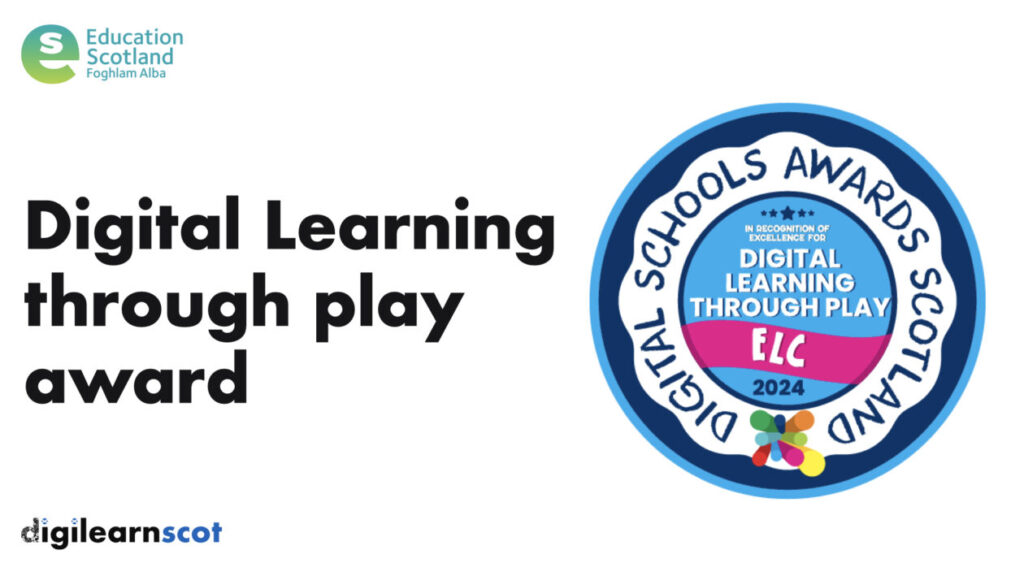


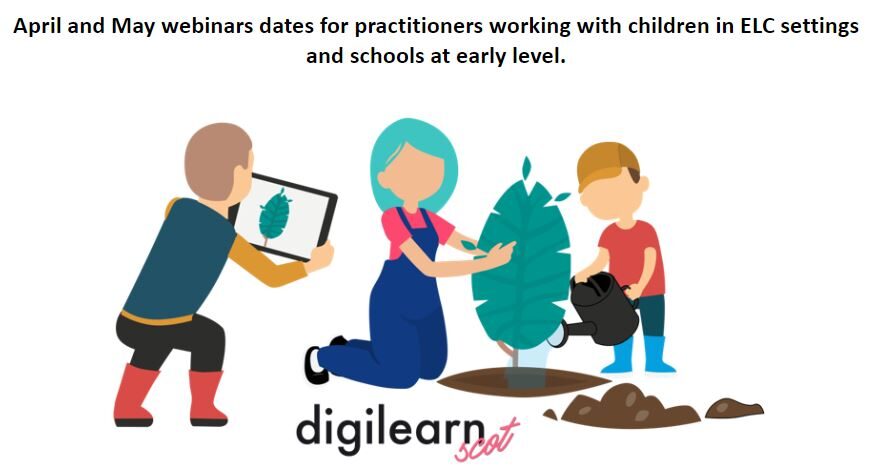
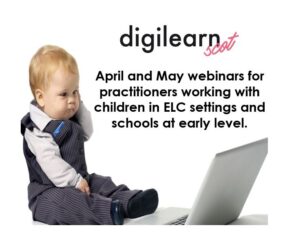
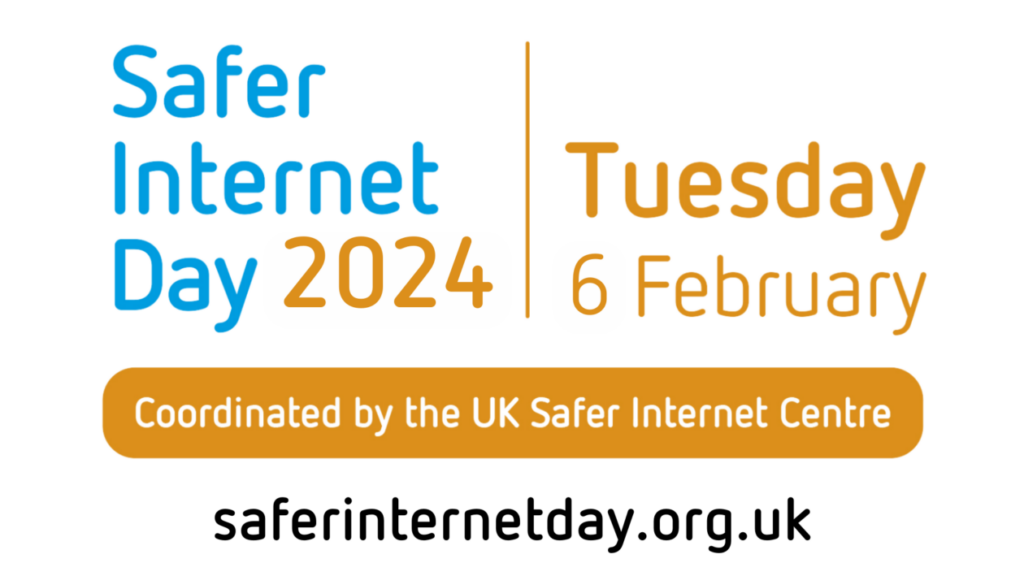
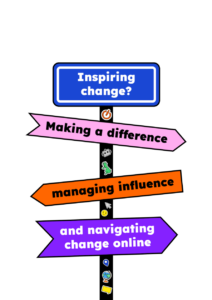

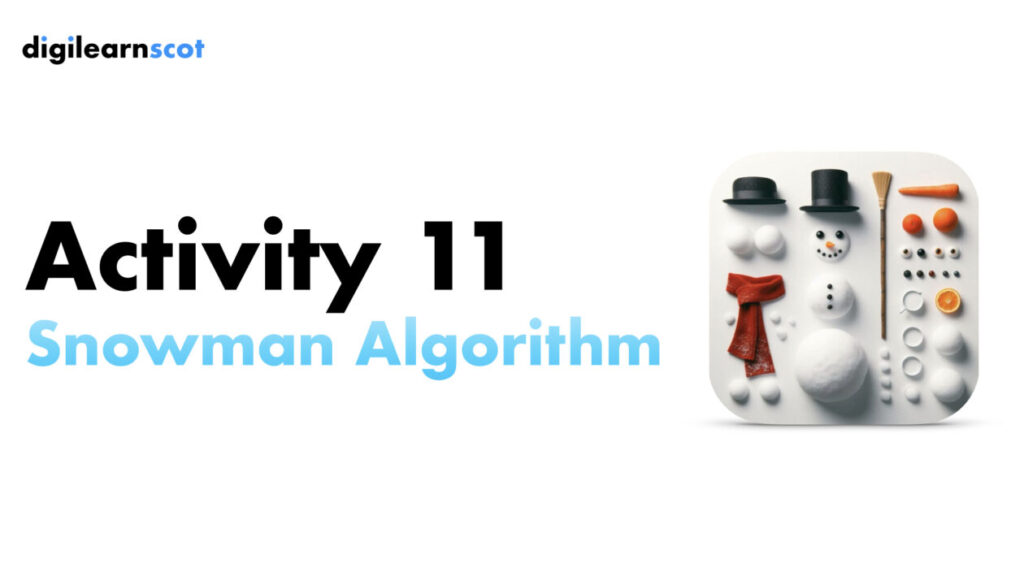

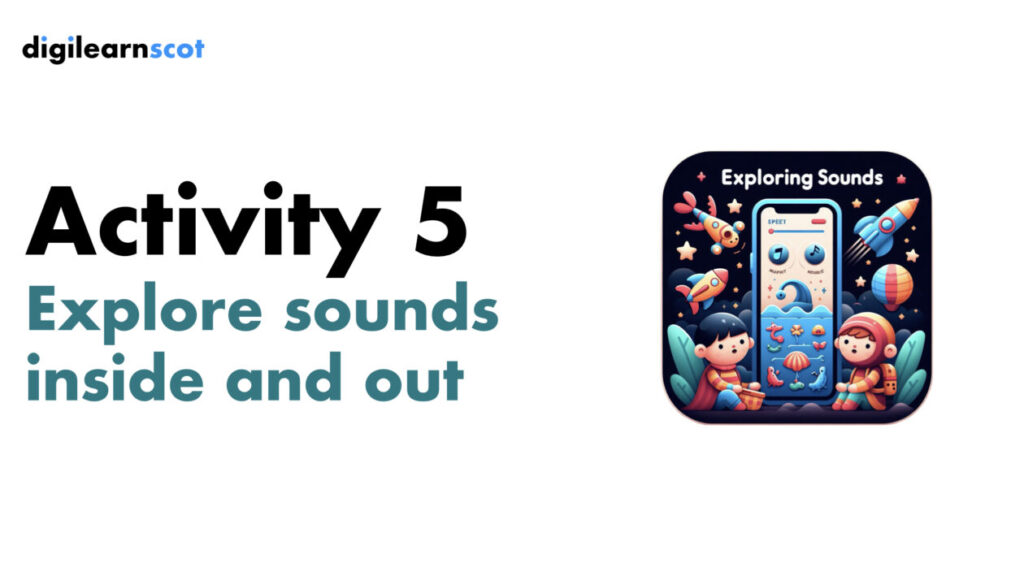


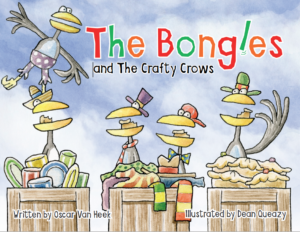





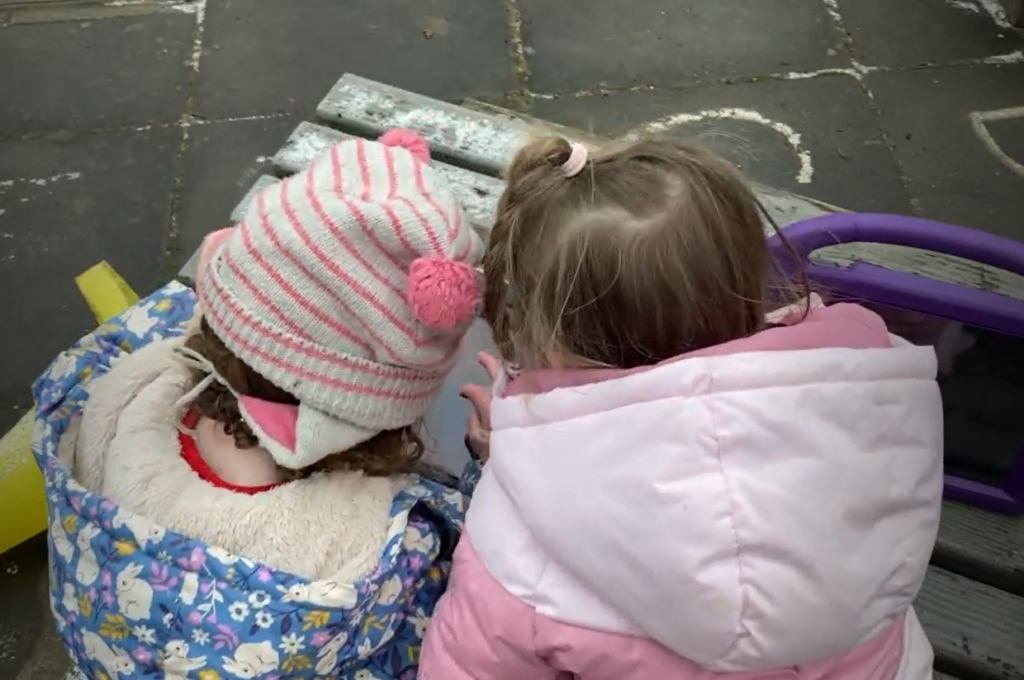

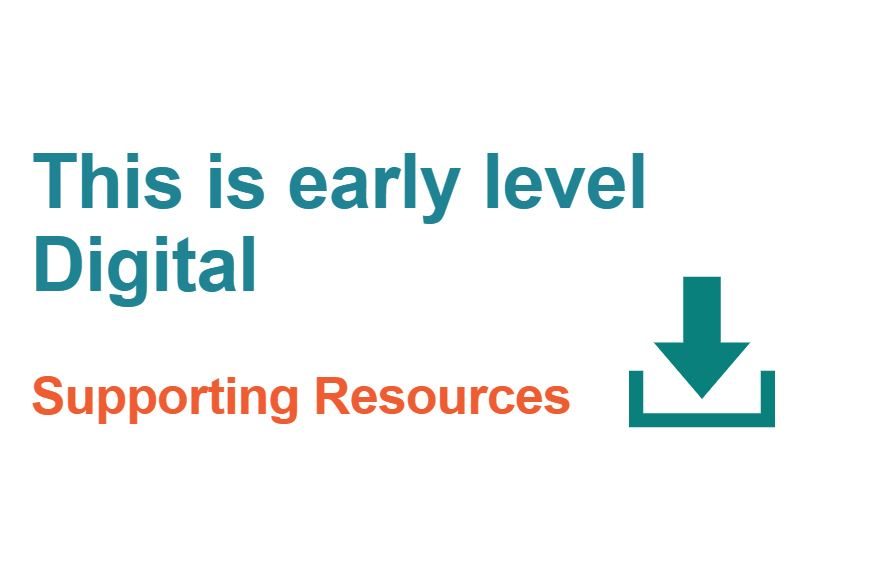

You must be logged in to post a comment.